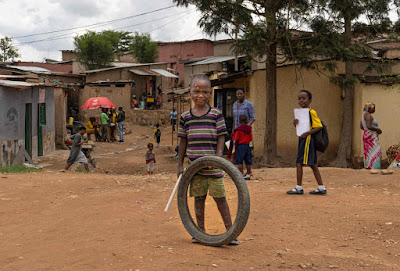Speaking ill of Beijing’s response to the deadly coronavirus outbreak could land China residents in jail.
WeChat, the Chinese social-media app, has warned its users that anyone who “spreads rumors” about the virus could be locked up for up to seven years.
Anyone who attempts to “disrupt social order” by posting information that doesn’t come from state-run media would face the penalty, the alert, issued Jan. 25, said.
Police in the city of Tianjin, this week, detained a man who criticized how authorities were handling the outbreak in a WeChat group he shared with friends, Vice reported on Thursday.
He was detained for 10 days for “maliciously publishing aggressive, insulting speech against medical personnel,” according to the website.
On Jan. 3, eight people in the city of Wuhan where the flu-like illness originated were arrested for allegedly “publishing or forwarding false information on the internet without verification,” AFP reported.
At least one of them was a doctor who had reported the existence of the new virus.
Wuhan authorities have been accused of initially covering up and ignoring the coronavirus. The mayor, Zhou Xianwang, offered to resign on Monday after admitting the city government’s disclosure of information about the disease had been “unsatisfactory.”
After citizens ripped Wuhan officials for detaining the doctor, China’s highest court stepped in and reprimanded police for silencing whistleblowers, The Washington Post reported.
“Rumors stop when information is public,” the Supreme People’s Court said Tuesday on social media, as it urged Wuhan officials to learn a “profound lesson.”
But China’s censorship machine has been taking down any information Beijing deems to be a “rumor.”
On Wednesday, authorities ordered that for an article that looked at how China’s economy would be affected by the World Health Organization declaring the virus a “global health emergency” to be scrubbed from the internet, according to China Digital Times, a California-based monitoring group.
Examples of other censorship include posts by families of infected people looking for help, of folks in quarantined cities documenting their day-to-day and those slamming the government’s handling of the crisis, according to Vice.
To counteract any criticism, state-media have been publishing gushing reports of Beijing’s response.
“Public perception will be shaped by the propaganda machinery,” Steve Tsang, the director of the China Institute at SOAS University of London, told The Washington Post.
“That machinery is going into overdrive right now to protect [Chinese leader Xi Jinping’s] reputation,” said Tsang.
Thanks for reading. Follow the page and Share it.



















